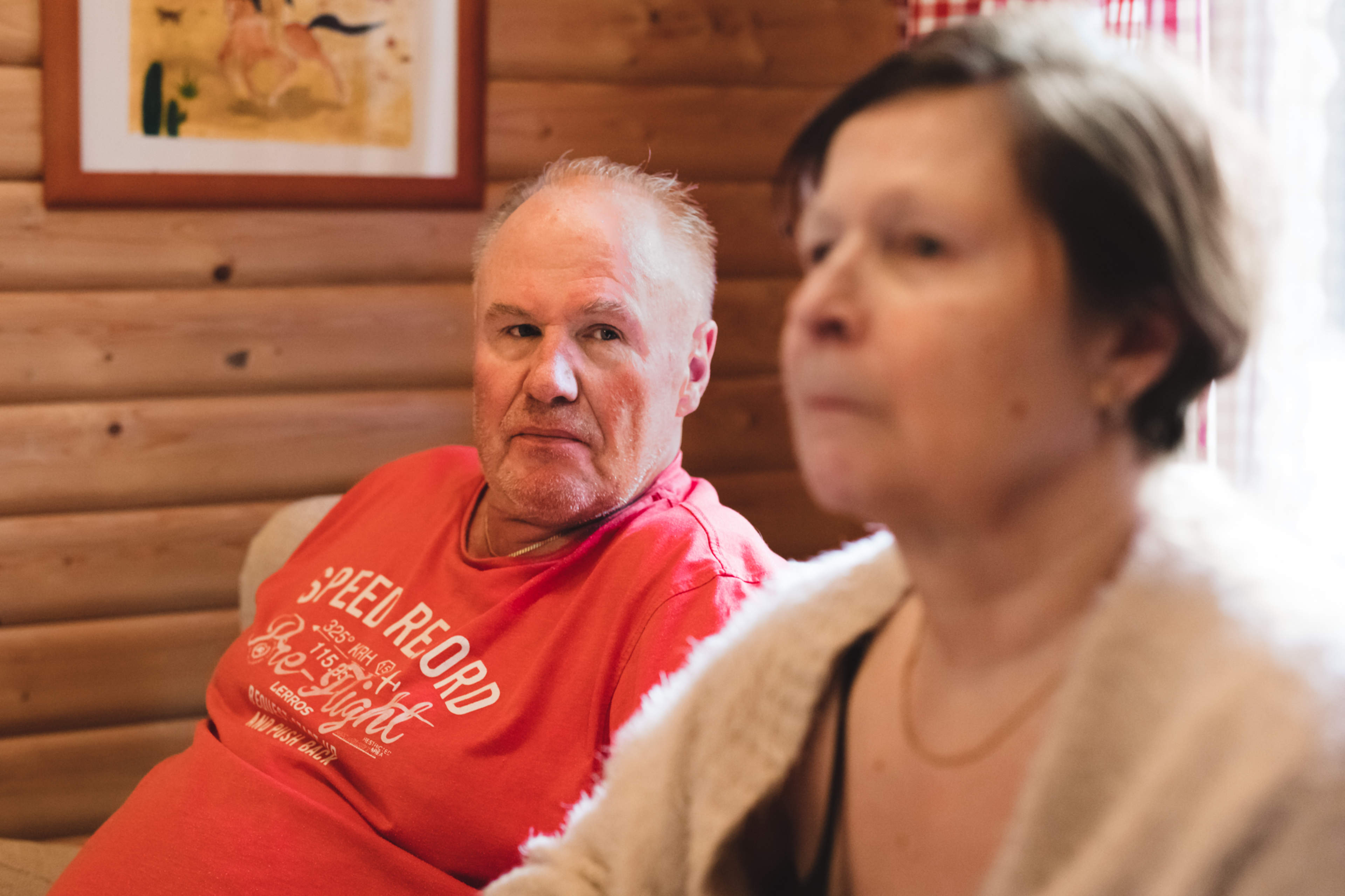There is no one way to approach the situation or to offer support. Everyone is unique, and so is every relationship. Ways to offer support depend on the situation, habits, and resources of the person with an incurable illness, and on the relationship between the patient and the person close to them.
How can I support a person with an incurable illness?
As someone close to a person who has an incurable illness and is receiving palliative care or hospice care – as a spouse, parent, child, relative, or friend – you may be thinking about how to best support your loved one.

It’s good to find out what the person with an incurable illness personally wants and needs. When having the conversation, it may be a good idea to use open-ended questions. This ensures that you’re having the conversation according to the capacity of your loved one. You should also accept that your loved one might not want to talk, or might not feel the need for any particular kinds of support. You can also talk about other things. Talking about something pleasant may brighten the mood and help provide a small break from the illness. Just focusing on the illness exclusively may become taxing.
When offering support, it’s good to trust your intuition. Those close to a person with an incurable illness know them and their ways of handling things. Sometimes it’s good to let things proceed at their own pace, without interference. There’s no need to try too hard. You can offer support to a person with an incurable illness by being present or within reach, by keeping an eye out for when you are needed. Don’t be afraid to ask if there’s something you can do.
When it comes to your relationship and the time you spend together in daily life, it’s good to keep acting and spending time together as before. At the same time, you should consider the person’s current resources: do they have the strength to act and spend time together to the same extent as before?
A person with an incurable illness benefits from seeing that their loved ones are doing well. It’s important for loved ones to take care of their own wellbeing. Loved ones are allowed to be doing well, as it indirectly enhances the wellbeing of the person with an incurable illness as well.
A person with an illness may feel burdened by having to carry the emotions, grief, and worries of those around them. It may be a good idea for loved ones to process their emotional burden with someone other than the one with the illness. The one sharing the emotional burden can be a friend or a professional.
Care planning in advance creates security and predictability in an uncertain situation. Those close to the person with an illness may have their own ideas about how things should be going. However, it’s best to let go of attempts to control the situation too much. When a person has an incurable illness, their condition, illness, or approach to the situation don’t follow any kind of script.
When a person has an incurable illness, it’s important to try and maintain their dignity and feeling of self-worth, even when their condition weakens and they may need more help when it comes to highly intimate matters. It’s important to support the person’s independence and self-determination according to their current resources and capacity.
It’s good for a family to be able to talk openly about matters related to illness and treatment, and to share their wishes and concerns. Palliative care may last for a long time, making this stage of life a part of the family’s everyday reality. In addition, roles within the family may undergo changes as a response to the situation.
What the life of the family will look like during palliative care or hospice care is shaped by the resources, circumstances, and needs of both the person with the illness and the family.
Updated 10.4.2025

